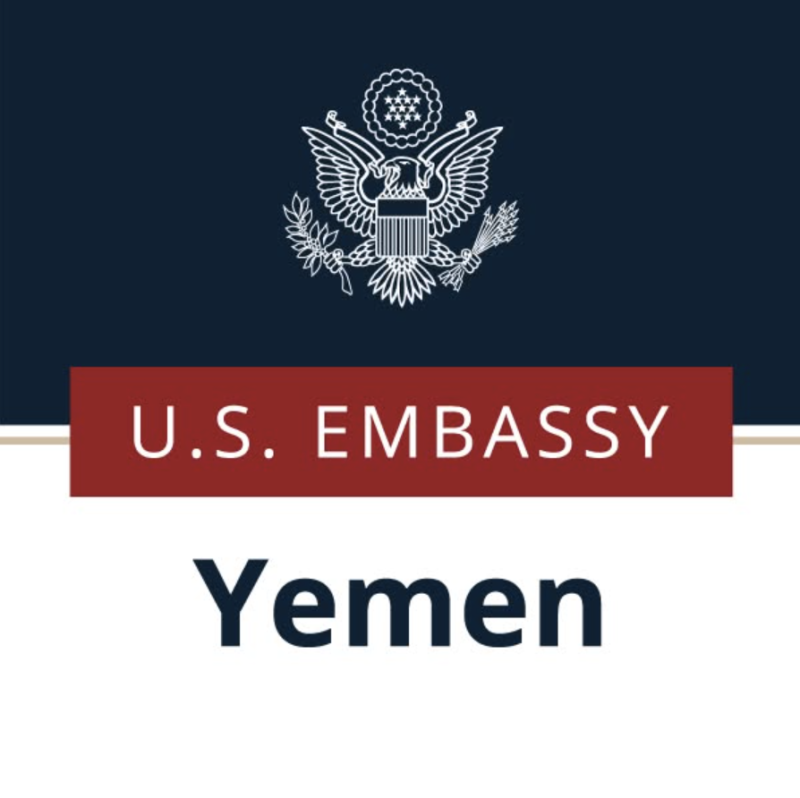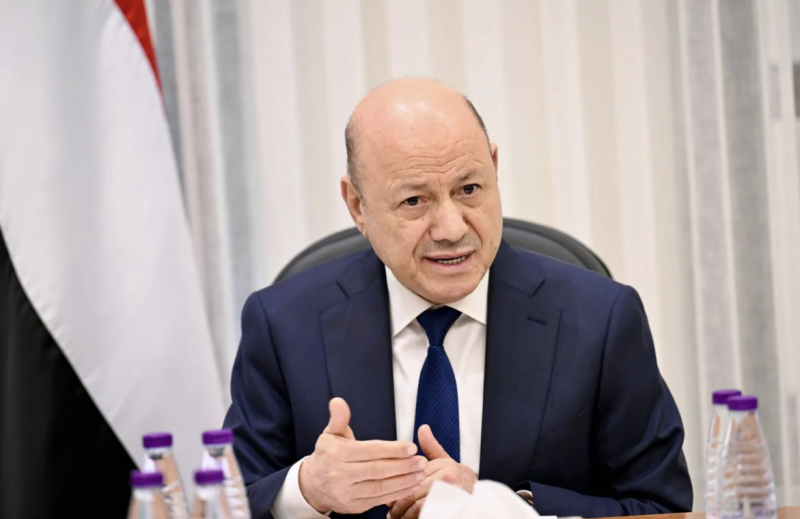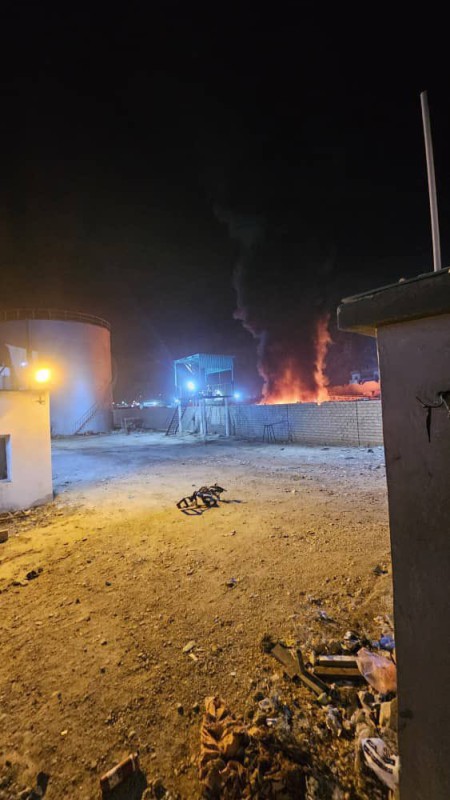UN envoy saddened by military tension in Yemen
UN Special Envoy for Yemen Martin Griffiths said on Thursday that he was greatly saddened by the current military tension in Yemen.
"I am saddened -- I think the word is probably more than that -- to report that over the past month, the conflict in Yemen has taken a sharp escalatory turn with Ansar Allah's most recent offensive in Marib governorate," he told the Security Council in a briefing, using the official name of the Houthi militia.
"I have condemned this many times since early last year when this offensive operation started, and I will repeat my call now: the attack on Marib must stop."
The offensive puts millions of civilians at risk, especially with the fighting threatening to reach camps for internally displaced persons. The quest for territorial gain by force threatens all the prospects of the peace process, he warned.
Although the situation on the ground is deteriorating, Griffiths saw renewed international momentum of finding a peaceful resolution to the conflict. He particularly welcomed the renewed focus the United States is placing on the Yemeni conflict.
International support for ending the conflict is indispensable, and offers a new opportunity to re-open space for a negotiated solution, he said.
There is a negotiated way out of this conflict. But in any negotiation, the parties need to know where they are going. They need to clearly see the end-state. The basic elements of a mutually acceptable end to the war and a path toward peace should be guided by the aspirations of Yemenis for a future marked by peaceful political participation, accountable governance, equal citizenship and economic justice, he said.
The only way to realize these aspirations is through a genuinely inclusive, Yemeni-led political process under UN auspices supported by the international community. Through this political process, Yemenis can indeed negotiate an agreement to end the conflict and start the road toward sustainable peace, he said.
"Such an agreement should ensure a complete end to the use of violence for political gain. The agreement would be time-bound and would end with national elections," he said.
Political arrangements should be based on the principles of inclusive partnership and continued dialogue among Yemen's political and social components, including women and civil society. The political partnership would have to be strong -- and Yemenis would need to address critical political questions that will persist nationally and in many areas of the country, after the conflict is over. Security arrangements should provide for the Yemeni people's safety and lead toward responsive security institutions that uphold the rule of law, he said.
The Yemeni people will need guarantees for equal citizenship under the law, including for Yemeni women and girls. And they will need also guarantees of humanitarian relief, reconstruction, transitional justice and economic recovery, he added.
None of these elements are new. They are based on wide consultations with Yemenis and prior rounds of peace negotiations. The main outstanding question is how to get there, he said.
"To seize this chance to revitalize the political process that we now hope we can succeed in front of us, the parties should, in my view, immediately agree to a nationwide cease-fire that halts all forms of fighting, to economic and humanitarian measures, at a minimum to include: ensuring the unhindered flow of fuel and other commodities into Yemen through Hodeidah ports, with port revenues put toward civil servant salaries based on the 2014 payroll database; and opening up Sanaa airport to commercial international traffic," said Griffiths.
These measures should maximize humanitarian objectives -- politics will come later -- while providing appropriate security guarantees in line with Security Council resolutions. They should not be exploited for political or military gain. It is the Yemeni people who suffer, after all, from the weaponization of the economy, he said.
The cease-fire, Hodeidah ports and Sanaa airport have long been under negotiation. They are well-known to all parties. Mechanisms can be agreed upon, he said. "What is needed is simply and fundamentally the political will to end this conflict. We now need a decision."
Nothing anybody can do to force the warring parties into peace unless they choose to put down the guns and talk to each other. The responsibility to end the war, first and foremost, lies with the parties to the conflict, he said.
The political process would need to resume promptly. A nationwide cease-fire will not be sustainable if it is not tied to progress on the political track, he said.




